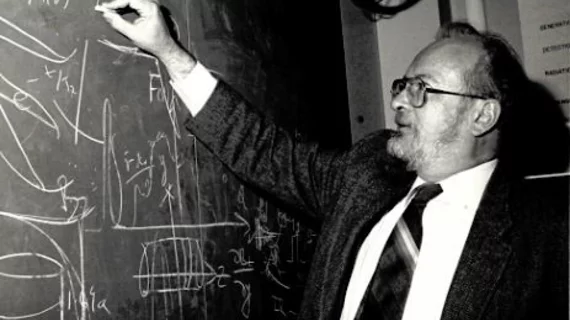‘Father of MRI’ receives posthumous award for contributions to health imaging
Paul Lauterbur, MD, a former chemistry professor at Stony Brook University in New York known as the “Father of MRI,” was posthumously awarded the Long Island Section of the Institute of Electrical and Electronics Engineers (IEEE) Historical Milestone Plaque for his contributions to the development of MRI.
“The ability to perform non-invasive imaging of the interior of living organisms using nuclear magnetic resonance is one of the most important medical discoveries of the twentieth century,” a prepared statement issued by Stony Brook University read. “The IEEE LI Section is recognizing the pioneering work of the late Stony Brook Professor Paul Lauterbur toward the invention and development of the MRI as a revolutionary technology worthy of an historical milestone.”
Stony Brook University also dedicated a campus street to Lauterbur, which be called Lauterbur Drive. The street leads to the university’s forthcoming Medical and Research Translation (MART) building, also built in honor of Lauterbur.
The event marked the 47th anniversary of Lauterbur’s “eureka” moment he had while eating a hamburger at a Pittsburgh area restaurant, which led to the development of modern-day MRI.
Samuel Stanley, president of Stony Brook University, told WSHU Public Radio Lauterbur’s innovation was “one of the most important discoveries of the 20th century.
“When we can see something and visualize something, that enables discovery and that pushes frontiers forward. So what Paul Lauterbur did with MRI was really allow us to see the human body, and see inside the human body in ways that we couldn’t before,” Stanley said.

